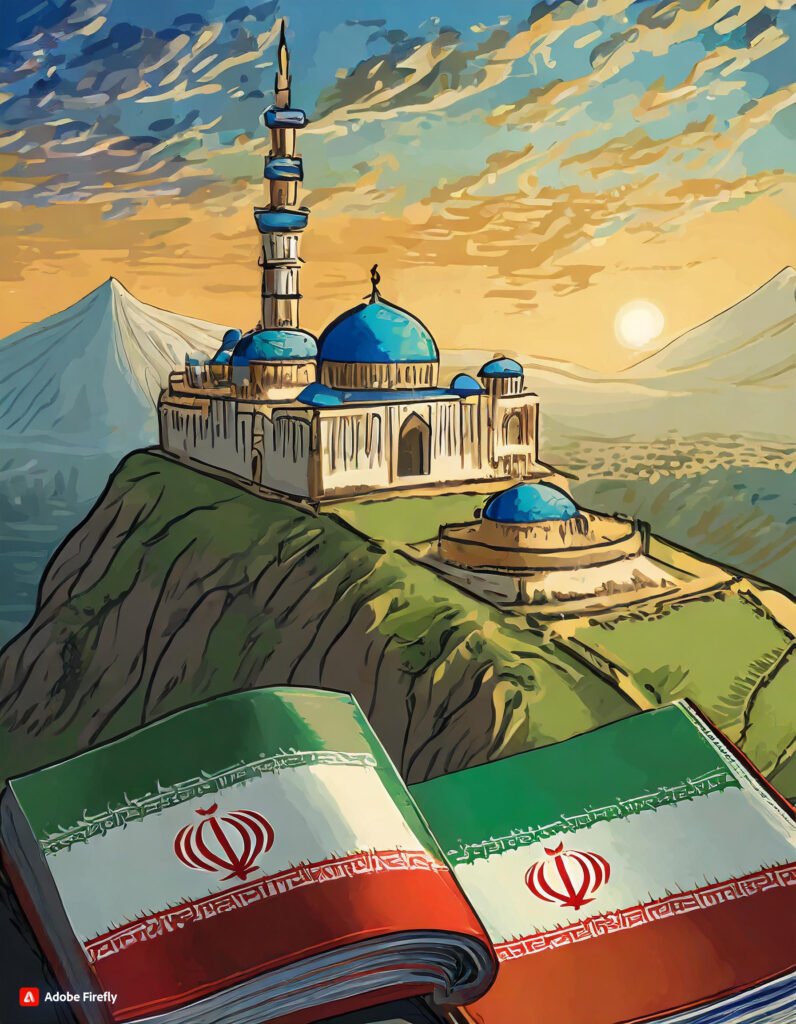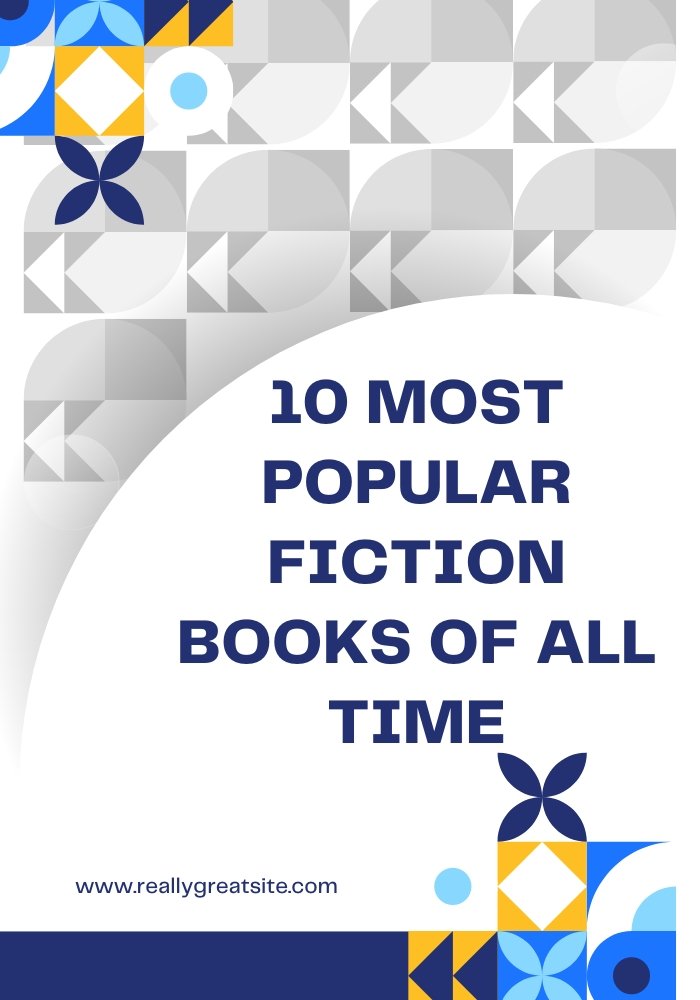Introduction
Navigating the labyrinth of Middle Eastern geopolitics, the Iran-Israel conflict emerges as a critical flashpoint, resonating far beyond its regional boundaries. This blog post cuts through the academic jargon and media noise, spotlighting ten must-read nonfiction books that decode this complex rivalry. These selections stand out by offering fresh, authoritative insights into the strategic calculations, historical underpinnings, and human elements defining this enduring struggle.
Whether you’re a seasoned analyst or a curious newcomer to geopolitics, these books are curated to deepen your understanding of what drives the tensions and alliances between Iran and Israel. They promise not just to broaden your knowledge but to equip you with a nuanced perspective on the dynamics that shape this pivotal conflict.
1. “Israel and Iran: A Dangerous Rivalry” by Dalia Dassa Kaye

In her insightful book, Dalia Dassa Kaye dissects the complex web of hostility between Israel and Iran, framing their interactions as more than mere political maneuvering but a high-stakes strategy influencing global stability. Kaye leverages her unique insights, drawn from years of on-the-ground research, to illuminate the personal and collective stakes at play. Her vivid recounting of clandestine meetings and backdoor diplomacy not only paints a picture of the tension but puts you in the room where it happens.
Kaye’s narrative strength lies in her ability to humanize the conflict. She delves into the cultural, religious, and historical underpinnings that intensify this rivalry, using real-life anecdotes and cultural analysis to show how deeply these nations are entangled. The book doesn’t just lay out facts but challenges readers to see the ripple effects of these high-octane politics on everyday lives.
By the end, Kaye doesn’t just inform, she compels you to reevaluate your understanding of what shapes global conflicts and why they matter. Through her thoughtful exploration, the book becomes a call to critically engage with our perceptions of international affairs.
2. “Treacherous Alliance: The Secret Dealings of Israel, Iran, and the United States” by Trita Parsi

Trita Parsi masterfully decodes the shadowy realm of diplomatic dealings between Israel, Iran, and the U.S. in “Treacherous Alliance.” This book doesn’t just recount events, it pulls back the curtain on the covert strategies and precarious alliances that characterize Middle Eastern politics. With a narrative as clear as it is insightful, Parsi transforms complex international relationships into an accessible and engaging read. His use of firsthand accounts, declassified documents, and personal interviews not only adds depth but brings an air of suspense to historical events.
Parsi challenges readers to consider the moral implications of foreign policy. Through detailed analysis and compelling storytelling, he prompts a critical examination of the motives and consequences of secrecy in diplomacy. This book does more than inform it invites readers to ponder the ethical boundaries of international relations, making the historical narrative resonate with current global challenges.
3.”The Twilight War: The Secret History of America’s Thirty-Year Conflict with Iran” by David Crist

David Crist delves deep into the shadowy conflict between the United States and Iran, illuminating its significant ripple effects on Iranian-Israeli relations. Through a meticulous compilation of declassified information, interviews, and on-the-ground reports, Crist paints a detailed picture of covert operations and the personal sacrifices of those involved. This book doesn’t just satisfy intellectual curiosity it forges a visceral connection with the reader through stories of human resilience and strategic maneuvers in the face of ongoing tension.
Crist’s narrative is enriched with cultural insights and probing questions that challenge readers to consider the enduring impact of these conflicts. His authoritative tone, combined with a knack for storytelling, invites a profound reflection on how past actions shape present realities. “The Twilight War” offers more than facts, it encourages a deeper understanding of the complexities and human costs of prolonged geopolitical strife.
4. “Iran and Israel: Wars and Rumors of Wars” by Jonathan Spyer

Jonathan Spyer offers a compelling examination of the enduring conflict between Iran and Israel, capturing both high-stakes confrontations and the subtler undercurrents of tension that define this antagonism. Through vivid first-hand accounts and a keen analytical lens, Spyer brings to life the strategic chess game playing out in the Middle East, where rumors often forecast the tremors of future conflicts.
His writing navigates the complex terrain of geopolitical analysis with a conversational tone that makes intricate concepts accessible without sacrificing depth. This balance keeps readers engaged and informed, making the dense subject matter more approachable. Spyer doesn’t just recount events, he connects them to the broader geopolitical canvas, highlighting the personal and collective stakes involved.
With a clear, authoritative approach, Spyer guides readers through the tangled web of alliances and enmities, prompting a deeper understanding of the region’s dynamics. His insights challenge readers to consider not only the immediate impacts of these conflicts but their long-term implications for global stability.
5.**”The Iran-Israel War: The New Battle for Supremacy in the Middle East” by Seth G. Jones

Seth G. Jones delivers a compelling analysis of the evolving Iran-Israel conflict, exploring how new technologies and strategies are reshaping the fight for supremacy in the Middle East. His detailed examination covers the integration of cyber warfare, drone technology, and psychological operations, illustrating not just a territorial battle but a clash of ideologies and technological prowess.
Jones uses vivid case studies and real-world scenarios to demonstrate how these advanced tactics are implemented on the ground, enhancing the reader’s grasp of modern military strategies. His narrative, rich with technical details, remains accessible, making sophisticated concepts of modern warfare understandable to a broad audience.
Moreover, Jones challenges readers to consider the broader implications of these developments: the shift from conventional battlefields to digital fronts and the global ramifications of these changes. His synthesis of suspenseful storytelling and analytical depth ensures that readers are not just passive consumers of information but are prompted to think critically about the future of international conflicts.
6.”Iran and Israel: From War of Words to War of Swords” by Jason M. Brodsky

Jason M. Brodsky expertly dissects the escalation from verbal threats to actual military engagement between Iran and Israel, offering a detailed, nuanced exploration of how rhetoric shapes reality. His narrative is rich with the voices of diplomats, soldiers, and civilians, providing a multi-dimensional view of the conflict that brings international politics down to a human level.
Brodsky’s style is inviting, with a clear, conversational tone that demystifies the complex geopolitics of the Middle East. He uses vivid imagery and poignant anecdotes to bridge the gap between distant diplomatic exchanges and their real-world consequences, making the abstract tangibly impactful.
The book does more than recount events, it challenges readers to consider the profound influence of language on international relations. Through a careful analysis of speeches, policy statements, and media coverage, Brodsky reveals how words can be just as provocative or powerful as physical weapons, pushing readers to reflect on the delicate balance between rhetoric and action.
7.”The Secret War with Iran: The 30-Year Clandestine Struggle Against the World’s Most Dangerous Terrorist Power” by Ronen Bergman

Ronen Bergman’s book delves into the shadowy world of the Iran-Israel conflict, uncovering the secretive operations and intelligence tactics that have defined this hidden war for over three decades. Bergman, an acclaimed investigative journalist, uses his unparalleled access to intelligence sources to bring to light the high-stakes espionage activities that few have ever heard about.
His narrative, grounded in meticulous research, brings readers into the nerve centers of covert operations, offering a detailed portrayal of the challenges and ethical dilemmas faced by agents involved. Through compelling anecdotes and expert analysis, Bergman not only satisfies intellectual curiosity but also explores the emotional and moral complexities of espionage.
Bergman’s expertise provides readers with a profound understanding of how covert actions have shaped, and continue to influence, today’s geopolitical landscape. This book is more than a recounting of events, it’s an invitation to look beneath the surface of global affairs and understand the ongoing invisible wars that impact world politics.
8. “The Iran-Israel War: Antagonism and Political Rivalry in the Middle East” by Ronen Zeidel

In his detailed exploration, Ronen Zeidel offers a deep dive into the intricate political rivalry driving the ongoing conflict between Iran and Israel. Zeidel doesn’t just recount events, he probes the ideological, religious, and political underpinnings that fuel these tensions, linking them directly to policy shifts and key historical moments. His analysis is distinguished by its cultural depth, drawing on a range of sources to reflect the historical and contemporary sentiments shaping both nations.
Zeidel’s narrative technique is particularly compelling as he vividly brings to life the charged atmospheres of political rallies and clandestine meetings, places where the fate of nations is often shaped. His careful balance of detailed reporting and cultural insight not only enlightens but also challenges readers to reflect on the broader implications of these conflicts.
By encouraging a critical examination of these antagonisms, Zeidel’s book serves as an essential guide for anyone looking to understand the persistent hostilities in the Middle East. It prompts readers to consider the complex web of factors at play, offering a nuanced perspective on what is often portrayed as a binary conflict.
9. “Israel vs. Iran: The Shadow War” by Yaakov Katz and Yoaz Hendel

Yaakov Katz and Yoaz Hendel tackle the covert operations that define the ongoing shadow war between Israel and Iran with precision and insight. This book stands out for its detailed reporting backed by a strong narrative that brings the complex military tactics used by both nations into sharp relief. Through interviews, declassified documents, and on-the-ground reporting, Katz and Hendel offer readers a window into the secretive military strategies and the lives of the people orchestrating them.
Their approach makes sophisticated military operations understandable and relatable, weaving through the tactical and the personal to paint a comprehensive picture of this enduring conflict. The narrative is engaging without sacrificing depth or accuracy, encouraging readers to consider the far-reaching implications of these clandestine engagements.
Katz and Hendel’s deep understanding of the geopolitical landscape and their clear exposition help demystify the operations that shape the Iran-Israel dynamics. This book is not just about keeping readers thrilled, it’s about providing them with a profound understanding of a critical international issue through meticulous journalism and compelling storytelling.
10.”Iran, Israel, and the United States: The Politics of Counter-Proliferation Intelligence” by Ofira Seliktar

In this meticulously researched book, Ofira Seliktar delves into the complex web of intelligence strategies shaping counter-proliferation efforts among Iran, Israel, and the United States. Seliktar draws on a wealth of declassified documents and interviews with intelligence officials to offer new perspectives on the covert aspects of international security. Her direct and authoritative writing style makes intricate intelligence operations accessible, connecting them clearly to broader geopolitical strategies.
Seliktar’s analysis is rich with detailed case studies that bring to light the nuanced roles espionage plays in maintaining and shifting the balance of power in the Middle East. Her narrative does more than inform, it engages readers, prompting them to consider the ongoing implications of intelligence on international relations and security. By the end, readers are not only more informed but are equipped to understand the subtleties of global politics that often remain hidden from public view.
Conclusion
The ten books reviewed here not only sketch the broad outlines of the Iran-Israel conflict but dive deeply into its intricate dynamics. Each book, with its distinct approach from heart-wrenching personal narratives to sharp political analysis enriches our understanding of one of the most complex geopolitical challenges of our time. For those looking to navigate the intricacies of Middle Eastern geopolitics or simply aiming to stay well-informed on critical international issues, these texts are more than informative, they are transformative.
These works do not merely serve as academic or historical records, they actively engage, challenge, and provoke thought, offering fresh perspectives and critical insights that are essential for anyone serious about understanding global affairs. With their compelling narratives and expert analyses, these books are crucial tools for anyone seeking to decipher the volatile landscape of Middle Eastern politics.






